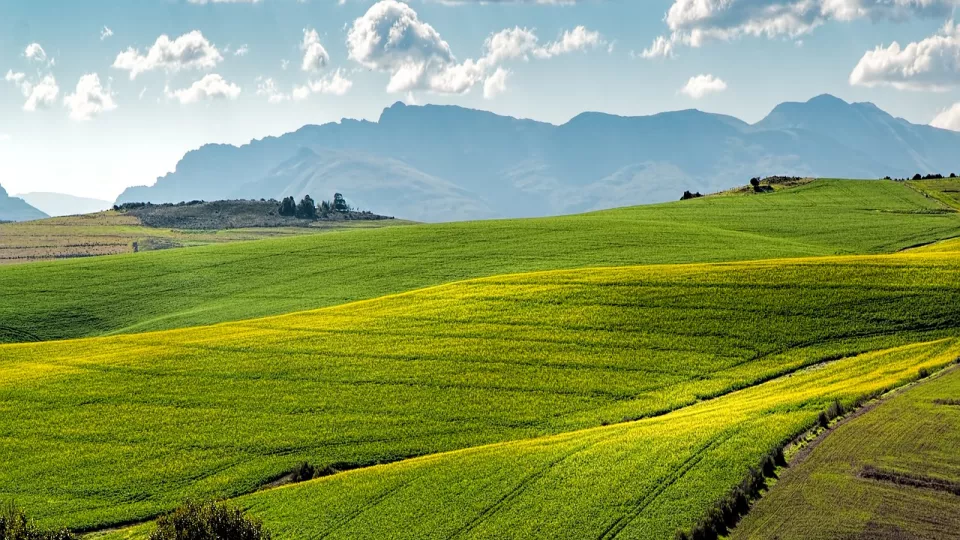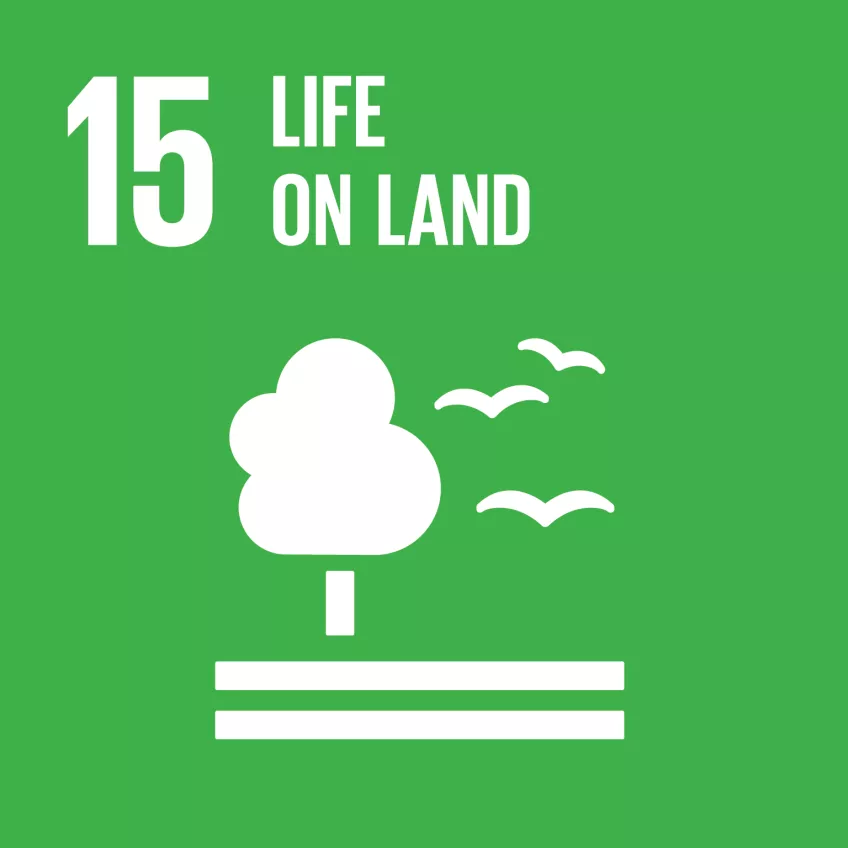‘Land is Life’ is a novel 2 MSEK pilot program on capacity development for Agenda 2030 funded by the Swedish Institute. The programme aims to train future leaders and decision makers from across Africa (Kenya, Malawi, Tanzania, Rwanda, Zambia, and Uganda) to build knowledge, understand measurement and develop leadership on SDG15 (Life on land) and Agenda 2030 with focus on SDG15 (Life on land) and Ecosystem and biodiversity.
The programme is led by LUCSUS toghether with five departments across Lund University and international partners from the University of Nairobi, the Great Lakes University of Kisumu, University of Rwanda, ICRAF, Vi-skogen, and the Kenya Medical Research Institute. The LUCSUS core team comprises Genesis Yengoh, Sara Gabrielsson, Ann Åkerman and Emily Boyd. The progamme will be supported by LUCE at Lund University and link to the new LU Agenda 2030 Graduate School.

